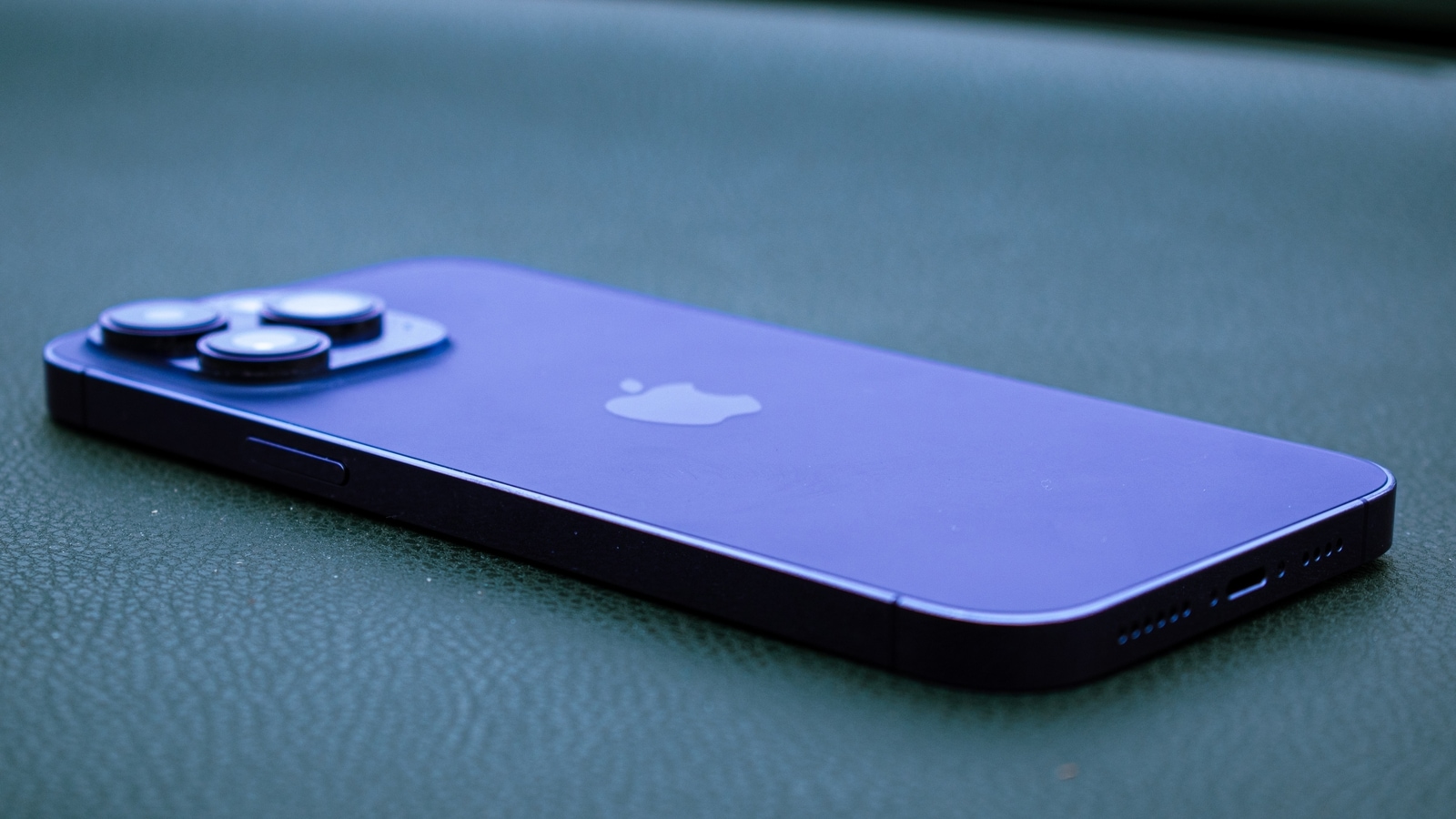Superconductivity: Science vs. Social Media
The breathlessness that’s greeted a new material made of lead and copper is, well, breathtaking. LK-99 is heralded as a room-temperature superconductor that, if it survives the barrage of peer reviews, could transform the world as we know it. Everything from electricity to transportation to medicine to chip technology might get more efficient and affordable. At the end of a nerdy tweet, Ming-Chi Kuo, an influential analyst at TF International Securities in Taiwan, declared, “Even a mobile device as small as an iPhone can have a computing power comparable to a quantum computer.”
Investors immediately dove into companies — mostly in South Korea and China — that had anything to do with the business of new compounds. Some South Koreans were already looking forward to Nobel Prizes being awarded to compatriots who discovered LK-99 (their surnames are Lee and Kim, and they came up with it separately in 1999).
OK. Now take a breath. Or two.
Superconductivity exists (Nobel Prizes have been awarded to scientists who have studied it). But materials that achieve it — that is, eliminate magnetic fields and have 100% efficiency in conducting electricity — can perform the process only at extremely low temperatures. Think sub-180 Celsius (-292 Fahrenheit). That’s commercially impractical. Hence the excitement about LK-99 achieving superconductivity at room temperature. But all the hype needs to be tempered by a lot. Tim Culpan writes, “Social media means these developments become talking points and memes even among those who barely understand the concepts. … The rush to publish, discuss, criticize and tear apart new discoveries works in conflict with the slow and deliberate nature of scientific research.”
Tim’s not asking us to stop dreaming. “LK-99 may not end up being the room-temperature superconductor we all hope for. But perhaps these findings, and renewed excitement, will lead to other advances that offer high-speed, energy-efficient trains, viable and cheap quantum supercomputers, and highly-scalable batteries to store renewable energy. … Let’s embrace the excitement around LK-99, but not pin our hopes on it. The scientific journey is as valuable as the final result, and that’s worth celebrating no matter the individual outcomes.”
Fine. I’m just going to worry about what an LK-99 iPhone is going to cost me.

